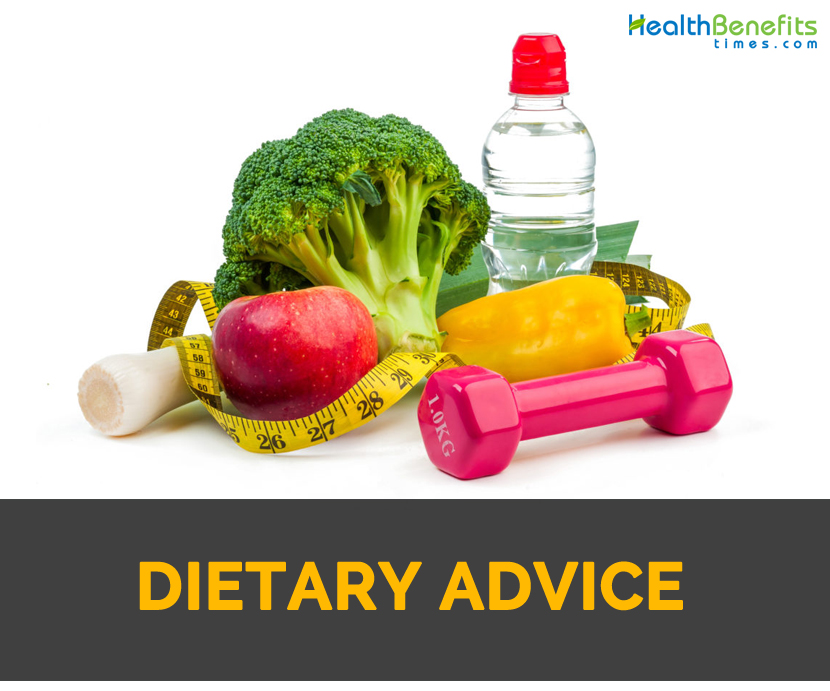
- Base diet largely on vegetables, beans, fruits, whole grains and healthy oils. Make sure to aim for various colors on your plate. Fruits and vegetables like leafy greens, tomatoes, and oranges are rich in fiber, minerals, and vitamins, so get the most for your dietary needs. For example, you can sprinkle your salad with fresh herbs or add diced veggies to your omelets and stews to enhance their nutritional value.
- Eat fish on moderate amounts. Consume at least two portions of fish per week, including a bit of oily fish. Although fish can be good for your health, there are recommended limits for certain types of fish to ensure a balanced, healthy diet. Also, it’s best to eat fresh fish because canned and smoked ones have high salt content. On the other hand, you may choose fat-free/ low-fat meat and dairy products.
- Cut down salt, white flour, refined sugars and partially hydrogenated oils.
- Too much intake of food with these ingredients may cause health issues, including high blood pressure and an increased risk for digestive problems. Hence, it’s best to talk to a dietician to know the right amount of salt, white flour, refined sugars, and hydrogenated oils you should consume to maintain a healthy diet.
Right dietary choice can be made for health concerns by eating in an environmentally responsible way. Raising livestock demands more resources such as land, pesticides, energy, fertilizer and water and creates more pollution than growing vegetables, fruits and grains. In animal products, producing grain-fed beef harms environment more than raising poultry or grass-fed beef & producing dairy foods.
Additionally, animal welfare should be considered. The considerations suggest the benefits of fewer intakes of dairy foods, meat and poultry. Consuming such diet express the multitude of wonderful new taste sensations. Alternatively make special effort for buying meat, eggs and dairy products from humanely raised animals from small and local farms.
Thankfully, many shops offer quality meat boxes for your situation. The good thing about these boxes is that the meat is produced by reliable local farmers who adhere to the highest standards regarding animal welfare, butchering, and packing. Hence, if you need fresh meat for your dietary needs, you can check some product websites online and have your favorite meat box delivered to your doorstep.
| Organization | Nutrition advice |
| American Cancer Society | Eat five or more servings of a variety of vegetables and fruits each day. Limit intake of red meats, especially those high in fat and processed [ham, bacon, sausage]. Choose poultry, fish, or beans as an alternative to beef, pork, and lamb.” |
| American Diabetes Association | Reduced intake of total fat, particularly saturated fat may lower risk for diabetes, as increased intake of whole grains and dietary fiber. |
| American Heart Association | Eat a diet rich in vegetables and fruits such as whole-grain, high-fiber foods, fish, lean meats and vegetable alternatives, fat-free (skim) or low-fat (1% fat) dairy products. |
| American Institute for Cancer Research/ World Cancer Research Foundation | Primarily choose plant-based diets, rich in a variety of fruits and vegetables, pulses (legumes) and minimally processed starchy foods. |
| 2005 Dietary Guidelines for Americans | A healthy eating plan emphasizes fruits, whole grains, vegetables and fat-free or low-fat milk and milk products. It includes lean meats, fish, poultry, eggs, beans and nuts. Is low in saturated fats, cholesterol, trans fat, salt (sodium) and added sugars. |
| World Health Organization | Intake more fruit and vegetables, as well as nuts and whole grains. Cut amount of fatty, sugary foods in the diet from saturated animal-based fats to unsaturated vegetable-oil based fats. |
Comments
comments